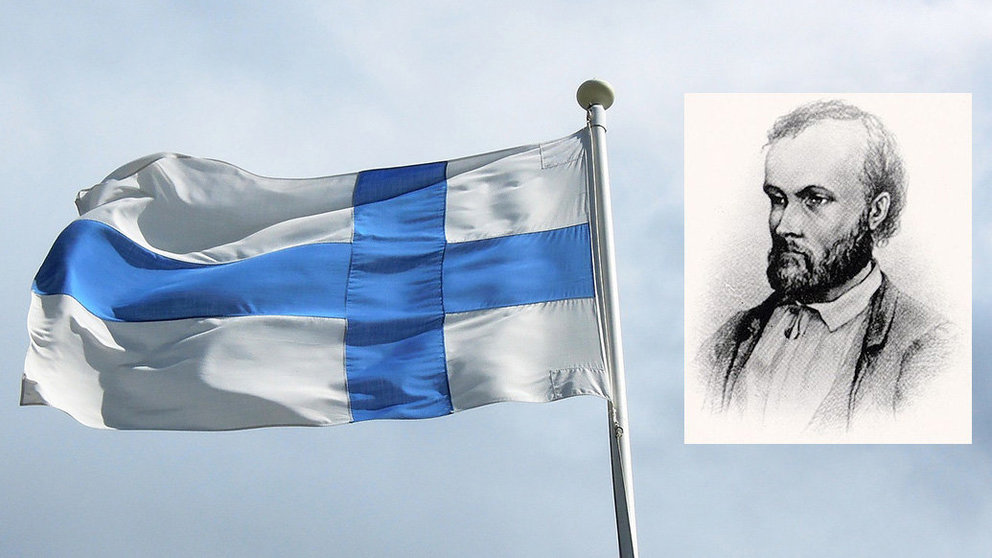Finnish flags wave on 10 October across the country to honor Aleksis Kivi (1834-1872), the author of 'Seven brothers' (Seitsemän veljestä, in Finnish), the first relevant novel ever published in Finnish language.
'Seven brothers' is an epic and hilarious novel about the struggle of young peasants to adapt to modern society. For foreigners it can be a kind of an instruction manual to understand Finnishness. And for the Finns, an instrument to understand themselves.
The book 'Finland, a cultural encyclopedia' published by the Finnish Literature Society explains how the protagonists of Kivi's major work are among the best-known characters in Finnish Literature.
"Seitsemän veljestä is a humorous and realistic epic novel that is closer to the work of the Spanish writer Miguel de Cervantes than to the contemporary European literary tradition", wrote Finnish literary scholar Pertti Lassila.
Escape into the wilderness
The novel describes the difficulties encountered by the seven brothers of the prosperous peasant family of Jukola in adapting to modern society, their ten years of escape into the wilderness, their adventures, their mellowing, and finally their return to society. "Kivi's masterpiece has played a central role in Finn's understanding of themselves", Pertti Lassila concluded.
Aleksis Kivi was born a tailor's son at Nurmijärvi (southern Finland). He was the first significant writer to have Finnish as his mother tongue and the pioneer of the Finnish-language novel as Cervantes is for the Spanish literature (though the Spaniard did it two and a half centuries before).
Esko's unsuccessful marriage plans
Kivi's first work was Kulervo (1864), a tragedy based on themes from the Kalevala (Finland's national folklore and mythology poem) and influenced by Shakespeare in its dramatic technique.
In his extensive dramatic production, the best work is the comedy 'The heath-cobblers' (Nummisuutarit, 1864), The plot is based on the unsuccessful marriage plans of Esko, the simpleton son of a cobbler's family in a country village.











